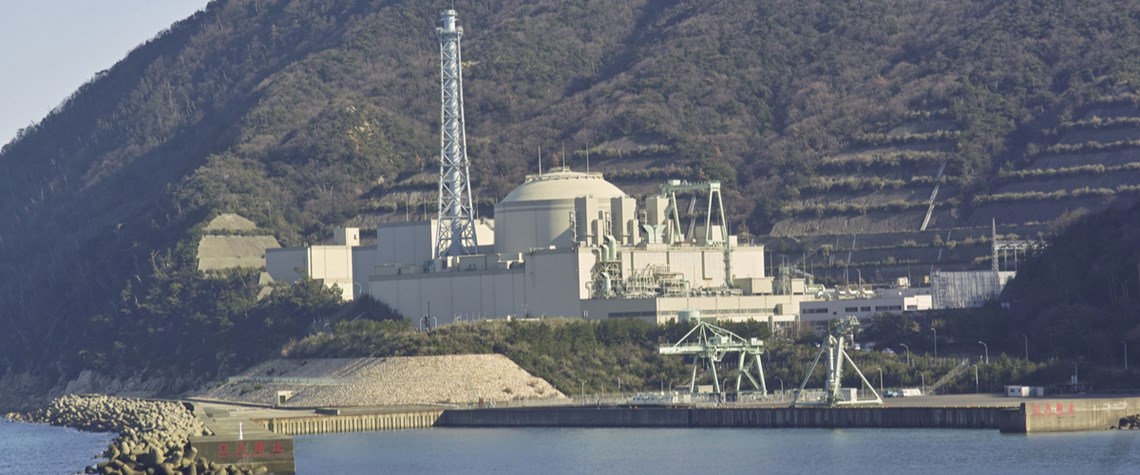Fukushima still looms over energy decisions
Japan ignores strategic low-carbon energy options and risks muddling through by adding more coal
The surprise resignation of Japanese prime minister Shinzo Abe due to illness, just over a year before elections scheduled for October 2021, creates possible inflection points for a policy overhaul in a country dogged by energy insecurity. Yet Japan’s conservative and self-reinforcing political culture, in which getting along is more important than strategic vision, means we are likely to see more of the same. Japan’s ruling Liberal Democratic Party (LDP) will choose a successor to Abe on 14 September, with chief cabinet secretary Yoshihide Suga favoured to take over and therefore likely be in power until the elections. If Suga is able to provide a sense of continuity with Abe's tenure, it w

Also in this section
17 February 2026
The 25th WPC Energy Congress, taking place in Riyadh, Saudi Arabia from 26–30 April 2026, will bring together leaders from the political, industrial, financial and technology sectors under the unifying theme “Pathways to an Energy Future for All”
17 February 2026
Siemens Energy has been active in the Kingdom for nearly a century, evolving over that time from a project-based foreign supplier to a locally operating multi-national company with its own domestic supply chain and workforce
17 February 2026
Eni’s chief operating officer for global natural resources, Guido Brusco, takes stock of the company’s key achievements over the past year, and what differentiates its strategy from those of its peers in the LNG sector and beyond
16 February 2026
As the third wave of global LNG arrives, Wood Mackenzie’s director for Europe gas and LNG, Tom Marzec-Manser, discusses with Petroleum Economist the outlook for Europe’s gas market in 2026







